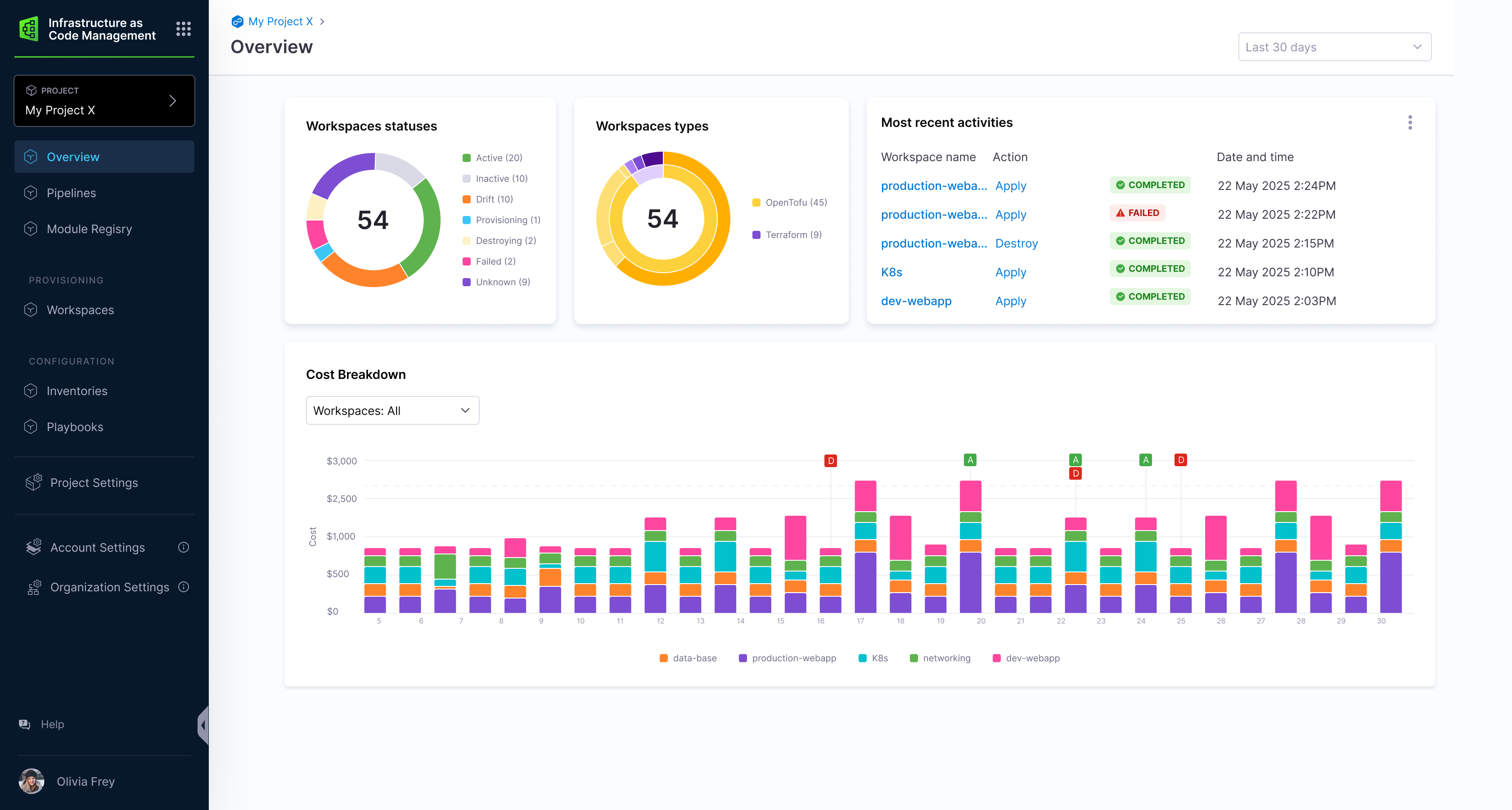Harness today updated its platform for managing infrastructure as code to add a set of templates for predefining essential variables, configuration settings, and policies, along with a module registry that makes it possible to more easily share those templates.
Uri Scheiner, senior vice president and general manager for Harness, said the latest edition of Harness Infrastructure as Code Management (IaCM) will make it simpler for DevOps teams to standardarize workflows and implement governance policies using Open Policy Agent (OPA) software that continues to be advanced under the auspices of the Cloud Native Computing Foundation (CNCF).
The overall goal is to reduce the number of misconfigurations of infrastructure, which are often exploited by cybercriminals to compromise IT environments, noted Scheiner.
Harness IaCM is based on OpenTofu, an open-source IaC tool that is also being developed under the auspices of the CNCF. Longer term, Harness also plans to add support for other tools, including Ansible and Terragrunt, in addition to improving the overall developer experience by improving how teams create and manage ephemeral workspaces for testing, iteration and experimentation in isolated, secure environments.

Launched last year, Harness claims there are now several dozen enterprise customers using Harness IaCM. It’s not clear how many organizations are starting to centralize the provisioning of infrastructure by standardizing on a single set of tools, but as more organizations adopt GitOps and platform engineering methodologies, the number that are is steadily increasing.
In fact, a recent Futurum Group survey finds more than a quarter of respondents (26%) claimed to have mastered platform engineering, compared to 41% who are still working toward applying platform engineering across multiple projects. Another 24% are still working toward operationalizing a set of best practices for platform engineering, while 7% are just getting started.
Roughly half of platform engineering teams provide cloud/multi-cloud management (52%) and dev/test/production environment support (48%), followed by DevOps toolchains (43%), standard platform configurations (42%), and containers/Kubernetes (41%). Metrics being used to track whether platform engineering teams are successful include developer productivity (64%), fewer security incidents or failures (62%), software release frequency (59%), developer satisfaction (58%), reduction of costs (50%) and reduced complexity (29%).
OpenTofu, meanwhile, has been gaining traction as an alternative to Terraform, which was originally developed by HashiCorp. Following IBM’s acquisition of Terraform, Harness is now similarly focused on providing a platform for managing IaC tooling. The OpenTofu community, meanwhile, just added a slew of updates, including a registry based on the Open Container Initiative (OCI) specifications to make it simpler to share and reuse modules.
Regardless of the approach to IaC preferred, the management of infrastructure using code has significantly matured in the last several years. There may, of course, come a day when artificial intelligence (AI) agents are routinely used to provision infrastructure, but in the meantime, it’s still the responsibility of DevOps teams to ensure that no matter how quickly IT environments are spun up, above all, they are secure.




